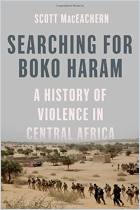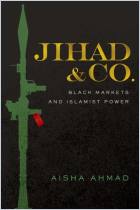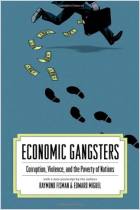
Recommendation
Anyone who casually follows international news is familiar with the harrowing story of terrorist group Boko Haram, which, in 2014, snatched 250 young women from their school in a Nigerian town. Most Westerners, however, don’t know the backstory of the lands where Boko Haram rose to power: the Lake Chad Basin. In this study, academic Scott MacEachern fills in these knowledge gaps. Long before Boko Haram grabbed headlines, MacEachern was studying the region as an archaeologist. He puts Boko Haram into historic and geographic context, explaining how the group’s tactics fit into the region’s centuries-long history of religious rivalry, violence and human trafficking. getAbstract recommends approaching this study expecting a cultural history, not a journalistic investigation of recent events. MacEachern doesn’t attempt to give a thorough accounting of Boko Haram’s atrocities. Instead, he focuses on explaining the conditions that led to the group’s rise and informed its strategies.
Summary
About the Author
Scott MacEachern is a professor of anthropology at Bowdoin College. He has conducted research in Central Africa since 1984.









Comment on this summary